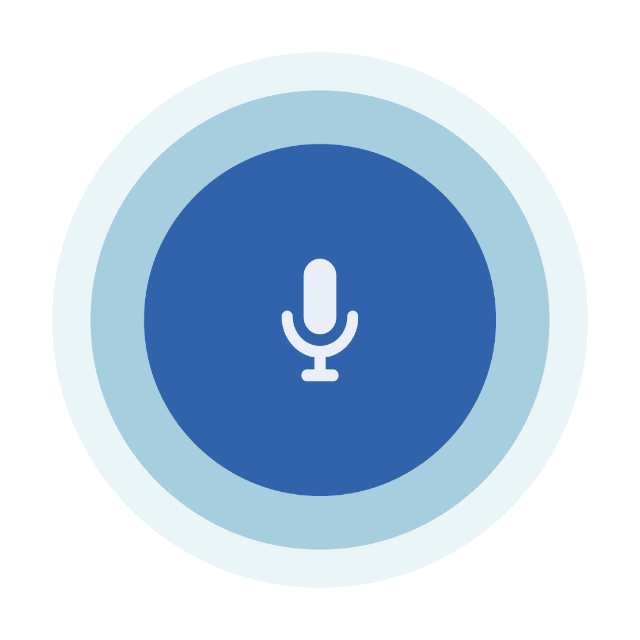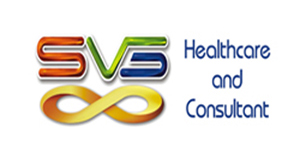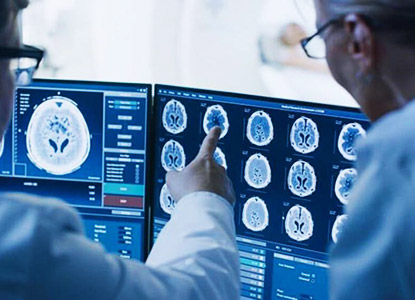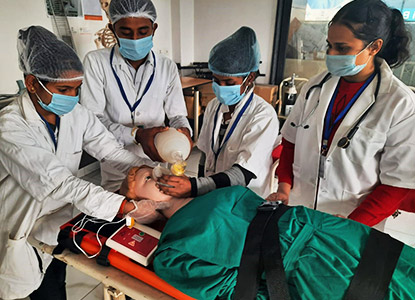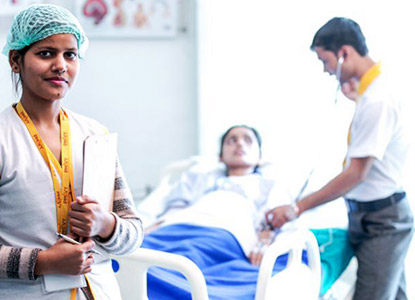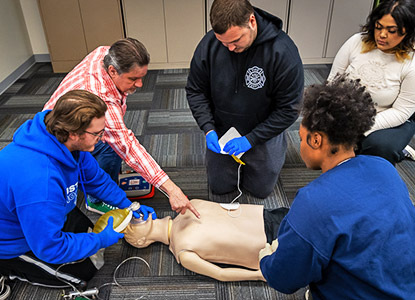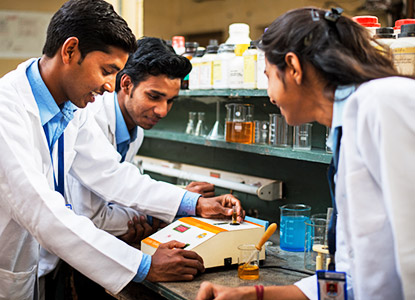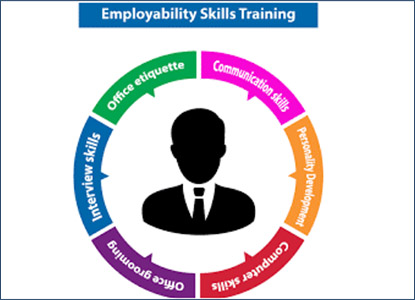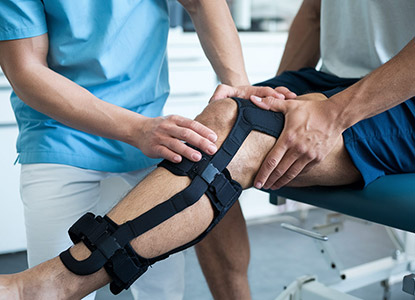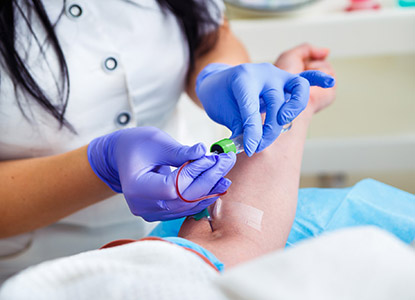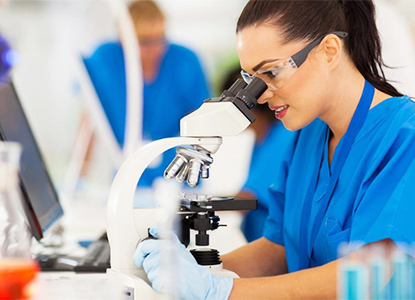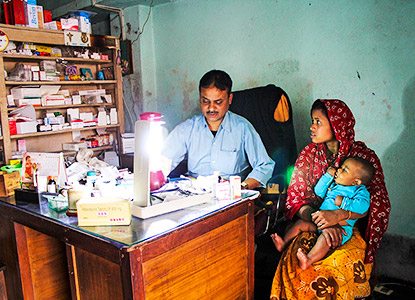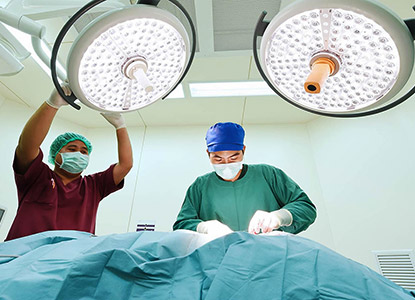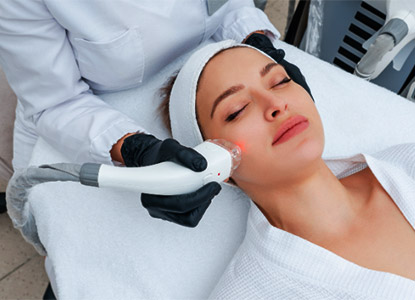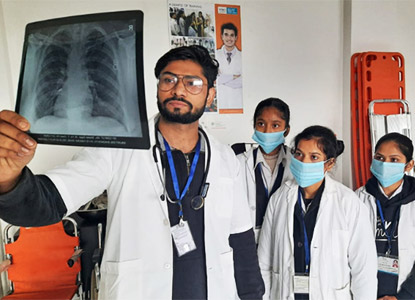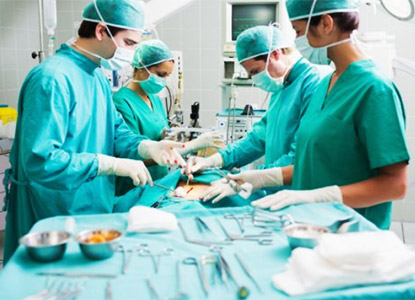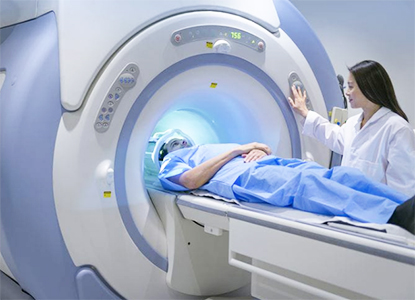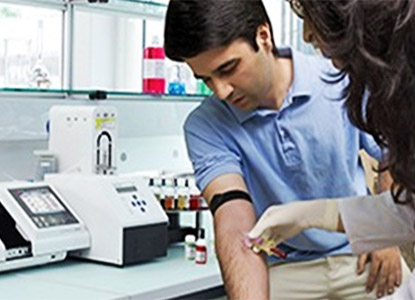
Physiotherapy Technicians play a vital role in healthcare settings, contributing significantly to patient care. They are responsible for obtaining various clinical specimens, such as blood, urine, and other bodily fluids, which are essential for diagnosing medical conditions. With advancements in diagnostic techniques, automated instruments, and clinical laboratory technology, the demand for trained Physiotherapy Technicians has skyrocketed.
As a Physiotherapy Technician, you can find opportunities in hospitals, blood banks, physician offices, and independent labs, making it a highly rewarding career.
Course Objectives
Upon successful completion of this course, students will be able to:
-
Confidently explain procedures to patients and ensure their comfort throughout the process.
-
Measure and monitor vital signs such as pulse, temperature, and blood pressure.
-
Obtain blood samples through venipuncture and microcollection techniques with precision and care.
-
Collect other clinical specimens such as urine, stool, saliva, and semen using the correct methods.
-
Label specimen containers appropriately and follow safe transportation protocols to the laboratory.
-
Adhere to strict safety and infection control standards to ensure patient and technician safety.
Course Overview
This comprehensive course will provide you with the knowledge and skills required to excel as a Physiotherapy Technician. It covers a wide range of topics essential for working in clinical laboratories and healthcare settings:
-
Introduction to Healthcare Systems & Laboratory Services: Understand the basic structure of healthcare systems and the role of laboratories.
-
Role of the Physiotherapy Technician: Learn the critical responsibilities and duties of a Physiotherapy Technician in healthcare.
-
Human Anatomy and Physiology: Gain foundational knowledge about the structure and function of the human body, crucial for understanding patient care.
-
Basic Biochemistry and Clinical Biochemistry: A primer on biochemistry, providing insight into laboratory processes.
-
Medical Terminology for Laboratories: Get familiar with common laboratory terms and their meanings.
-
Biomedical Waste Management: Learn the importance of proper handling and disposal of medical waste in a healthcare setting.
-
Hematology and Clinical Pathology: Understand basic blood testing techniques and clinical pathology practices.
-
Infection Control and Prevention: Learn methods to prevent infections and ensure a safe healthcare environment.
-
Basic First Aid and Safety: Equip yourself with basic first aid knowledge to respond to emergencies.
-
Laboratory Specializations: Gain basic exposure to specialized areas, including Bacteriology, Histopathology, Cytopathology, Immunology, Serology, and Blood Banking.
-
Documentation and Reporting: Develop skills in observing, recording, and reporting laboratory procedures accurately.
-
Professional Behavior in Healthcare Settings: Learn the importance of professionalism and ethical behavior in healthcare environments.
-
Patient Care in Various Settings: Understand how to interact with patients in hospitals, laboratories, and home settings.
-
Introduction to Parasitology, Mycology, and Virology: Basic sensitization to these areas in clinical laboratory testing.
-
Analytical Laboratory Testing: Understand the processes and techniques used in analytical laboratory testing.
-
Best Practices in Laboratory Testing: Learn about current best practices and industry standards in clinical laboratory technology.
-
Basic Computer Knowledge: Develop fundamental computer skills necessary for modern healthcare settings.


